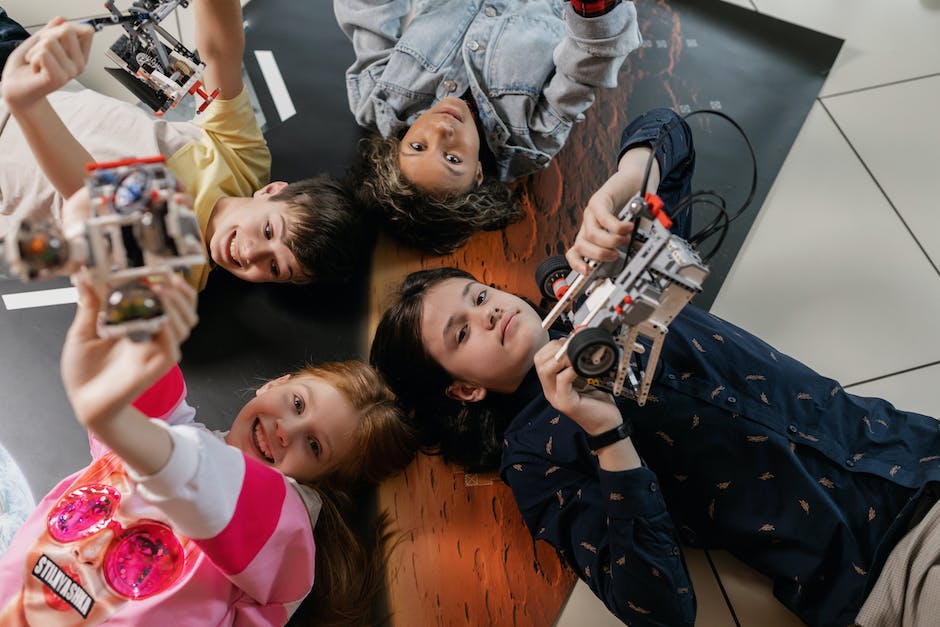Alphabet, Google’s parent company, has shut down its robotics subsidiary, Everyday Robots. The move comes after years of investment in robotics by Alphabet, including the acquisition of Boston Dynamics in 2013. Everyday Robots was founded in 2015 with the goal of creating robots that could be used in a variety of industries, from manufacturing to healthcare.
In a statement, Alphabet said that it had decided to shut down Everyday Robots due to the subsidiary’s inability to generate a sustainable business model. The statement read in part, ‘We’re proud of the work that the Everyday Robots team has done over the years, and we remain committed to advancing the field of robotics in the future.’
The closure of Everyday Robots is a significant setback for Alphabet, which has invested heavily in robotics over the years. The company had hoped to create a major robotics business that could compete with established players such as Boston Dynamics and iRobot. However, Alphabet has struggled to find a way to monetize its robotics efforts, and the closure of Everyday Robots is likely to be seen as a sign that the company is refocusing its efforts on other areas.
The closure of Everyday Robots comes at a time when the robotics industry is growing rapidly. According to a report from ResearchAndMarkets.com, the global robotics market is expected to grow at a CAGR of 16.2% between 2022 and 2027, driven in part by the increasing use of robots in manufacturing, healthcare, and other industries. The report also notes that the Asia-Pacific region is expected to be the largest market for robotics over the next five years.
Despite the closure of Everyday Robots, Alphabet is likely to continue investing in robotics in the years to come. The company has a number of other robotics projects in the works, including a robotics division within Google’s X lab and a partnership with Toyota to develop self-driving cars. While the closure of Everyday Robots is a setback, Alphabet is likely to remain a major player in the robotics industry for years to come.




